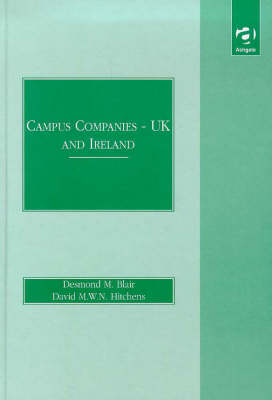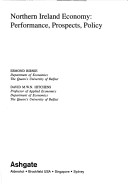Routledge Revivals
2 total works
The text explores commercial exploitation of university research through new company formation. It compares and contrasts the practical experiences and opinions of universities and academic entrepreneurs - as elicited during face-to-face interviews with those engaged in spin-off companies - with the findings of published research in the field. The organization and requirements for success in technology-based spin-out firms are examined in detail and their performance is compared with similar non-university firms. The book aims 1) to assess the extent to which the critical factors identified from the literature as influencing the formation, organization and operation of university-based companies were relevant to current practice, 2) to test the hypothesis that university-linked start-up firms share many of the characteristics of new technology-based firms (NTBFs) but that there are also some unique differences, and 3) to compare the characteristics of university spin-outs and non-university technology-based companies.
The book is set within the context of university/industry collaboration, the departure point is the influence of technology transfer on national and regional economic development.
The book is set within the context of university/industry collaboration, the departure point is the influence of technology transfer on national and regional economic development.
This text reviews the past development and future prospects of the Northern Ireland economy. This is being done at a critical juncture (because of the potential economic impact of greater political stability and a devolved administration and also because various official reviews of economic policy are in progress). This text aims to update data and discussion contained in an earlier study by the authors, "Closing the Productivity Gap". Northern Ireland has had a longstanding position which has lagged behind the average UK and EU economic performance in terms of range of indicators - notably unemployment and living standard. A critical question is therefore, the extent to which is a process of convergence with the more successful regions occuring? The investigation of manufacturing, agriculture, business services and tourism suggests that any underlying convergence towards UK standards of performance has been weak. It is concluded that permanent peace might be a necessary condition for accelerated convergence towards the rest of the UK and EU but it is not sufficient by itself.

